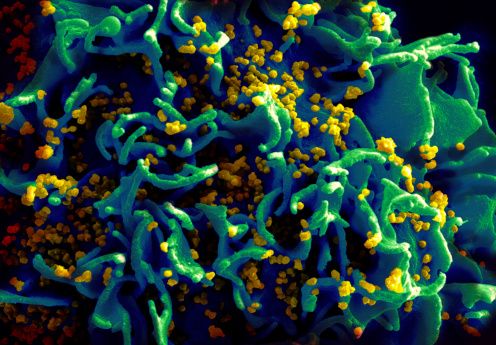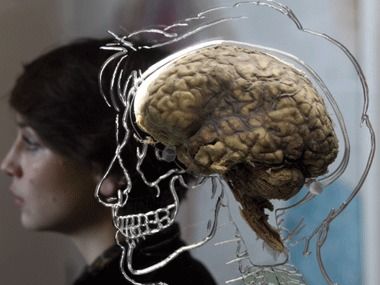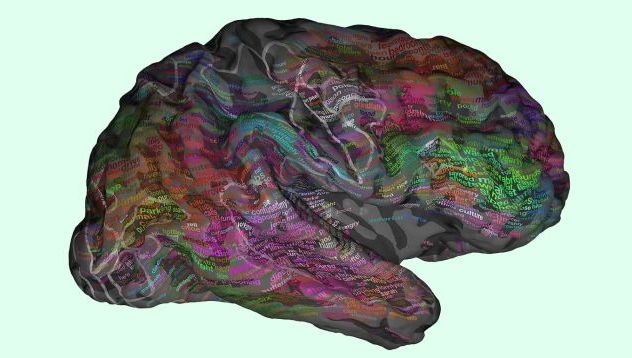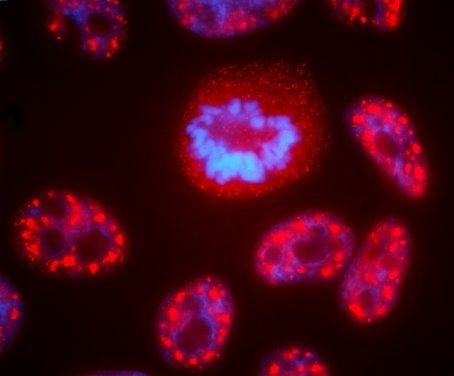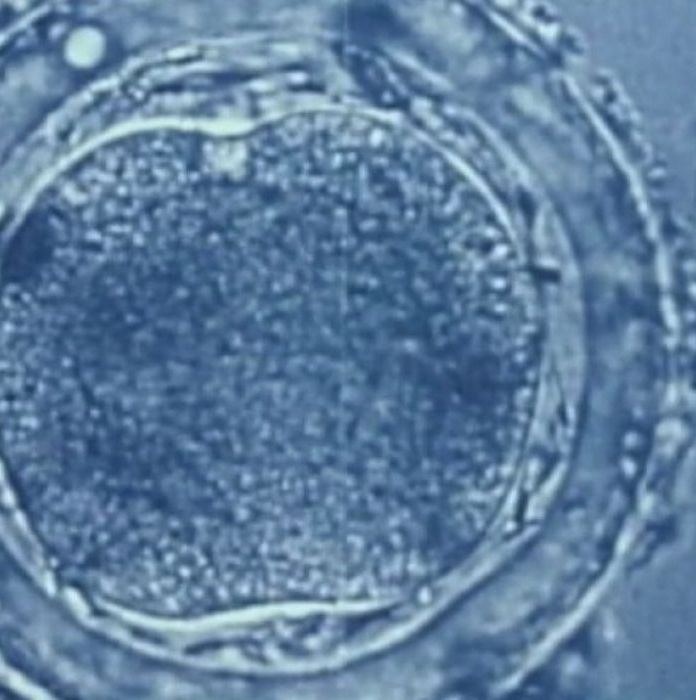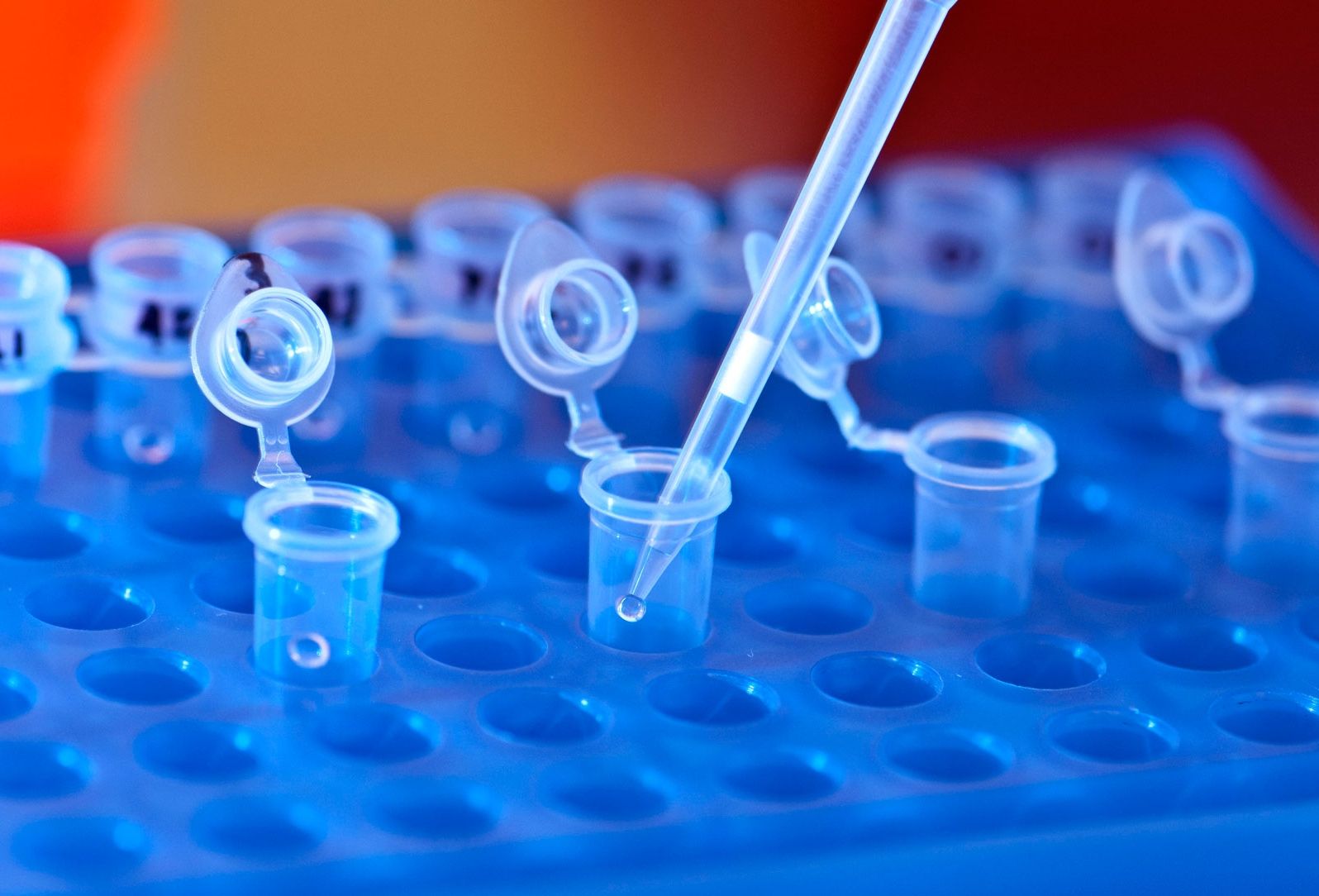Apr 28, 2016
Researchers Identify Potential HIV Vaccine Possibility With ‘Looped’ Antibodies
Posted by Shailesh Prasad in categories: bioengineering, biotech/medical, computing
Scientists are now one step closer to neutralizing HIV.
In a study conducted at Vanderbilt University and published in Proceedings of the National Academy of Sciences, researchers isolated antibodies with a loop-like structure that binds tightly to HIV and disables it. Unlike traditional vaccines, which jump-start an immune response by exposing the patient to a pathogen, this newly discovered method could work even in people who have not previously been exposed to by the virus.
Using computer modeling, the researchers identified the amino acid sequences that bound most tightly to HIV and re-engineered them in an optimal sequence that simulated vaccination.
Continue reading “Researchers Identify Potential HIV Vaccine Possibility With ‘Looped’ Antibodies” »
